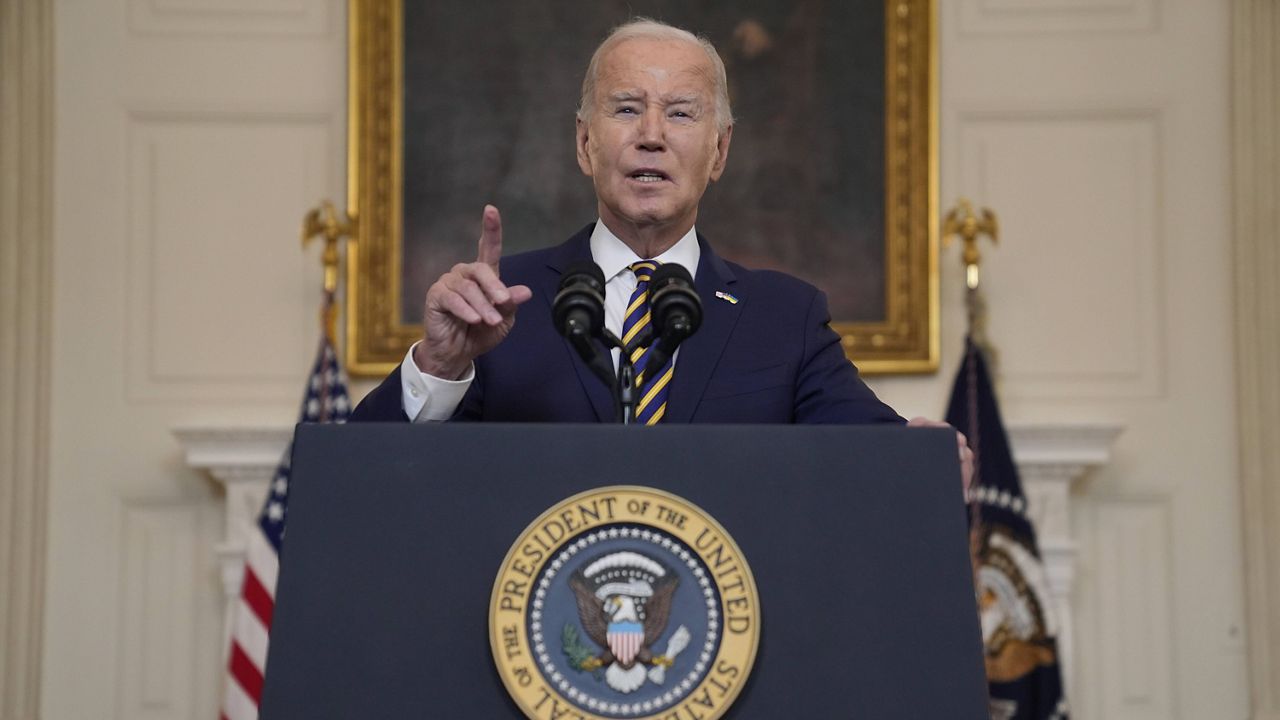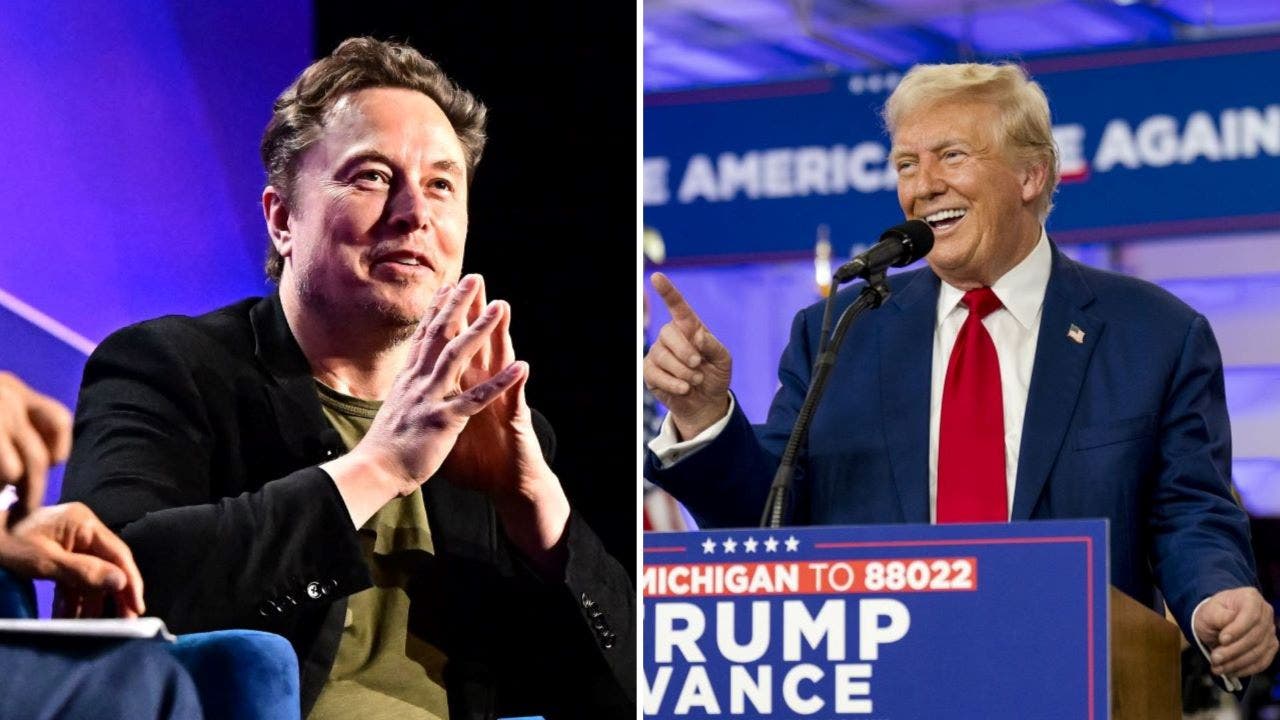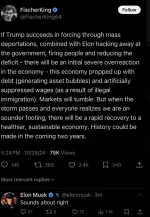- Joined
- Jan 23, 2019
- Messages
- 4,398
- Reaction score
- 2,850
- Location
- Seattle WA
- Gender
- Male
- Political Leaning
- Libertarian - Left
Yes, he will create another mess, except much worse this time.As president, Donald Trump lowered federal income taxes for all Americans. However, these tax cuts were temporary and will expire at the end of next year. If Trump wins the election, he plans to make his tax cuts permanent. Currently, there is a cap on how much state taxes can be deducted. If Trump wins, he plans to remove this cap, further lowering taxes for many Americans. Trump also wants to eliminate taxes on tips, income from overtime, and Social Security pensions.
Over the past year, inflation has dropped significantly in the U.S. and is now very close to the Federal Reserve's two-percent target. As a result, the Fed recently lowered interest rates. However, despite inflation seemingly being under control, both Trump and Harris continue to talk about what they will do to curb rising prices. Trump has said he will make American prices "affordable" again by eliminating costly regulations and reducing energy prices through increased production of American oil and gas. On his first day as president, he has vowed to instruct his team to "use every tool and authority available to them to defeat inflation (which has already been defeated) and to quickly bring consumer prices down."
Trump also plans to eliminate taxes on Social Security pensions. Many of Trump's tax cuts primarily benefit those with high incomes, which can exacerbate inequality and lead to wealth concentration. The elimination of the state tax deduction cap will benefit people in high-tax states like New York and California the most. Removing this cap means individuals in these states could deduct the full amount of their state taxes, significantly lowering their federal tax burden. Eliminating taxes on Social Security pensions would also benefit the wealthiest retirees more than others, as they pay the most taxes on these pensions. (The poorest retirees in the U.S. already pay little or no taxes on their Social Security benefits.)
Trump has no plan to finance his tax cuts, instead relying on the assumption that they will lead to increased growth. The U.S. national debt is projected to increase by $7.5 trillion by 2035 (according to the "Committee for a Responsible Federal Budget") with Trump's policies. Since most of the benefits from his tax cuts will go to a small group of very wealthy individuals, and because this group already has the means to consume everything they want, it's highly doubtful that Trump's tax cuts will lead to increased consumption. Instead, his policies are more likely to result in unchanged or reduced consumption, as decisions such as imposing tariffs will lead to higher prices, eating up the tax cuts for the middle class, who do not benefit as much as the wealthy.
Trump (or more accurately, his advisors—he's not that smart himself…) is aware of this, so he has a typical amateur solution to the problem. A "backup" plan that will destroy the U.S.'s potential for a strong economy in the long term and instead plunge the country into a deep recession. In the short term, it may lead to increased consumption and an "artificial" boost in GDP by taking control of FEd and the settings of interest rates. Doing this will in the short term give the US a boost in GDP, but in the long-term the U.S. would plunge into a deep recession, and the risk of stagflation would be overwhelming.
Here’s an inconvenient truth for half of America—Trump was one of the worst Presidents in American history. He’s ranked at or near the bottom:

Historical rankings of presidents of the United States - Wikipedia

Historical rankings of presidents of the United States - Wikipedia



